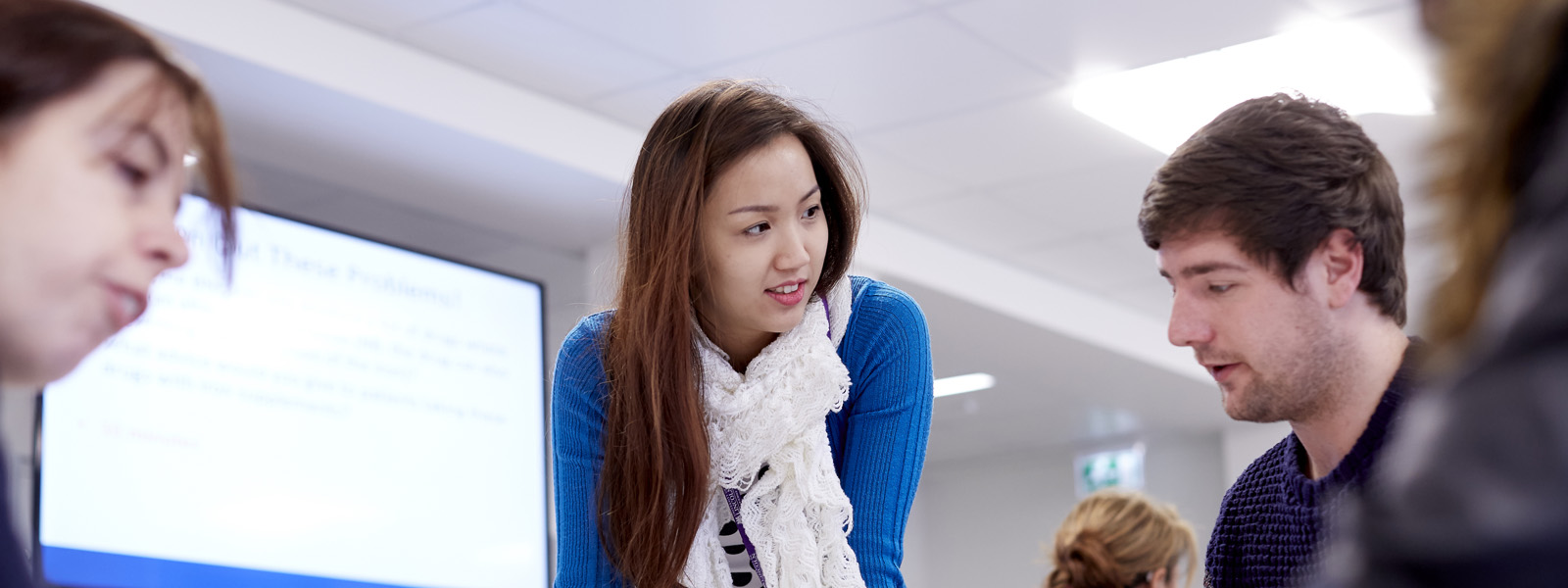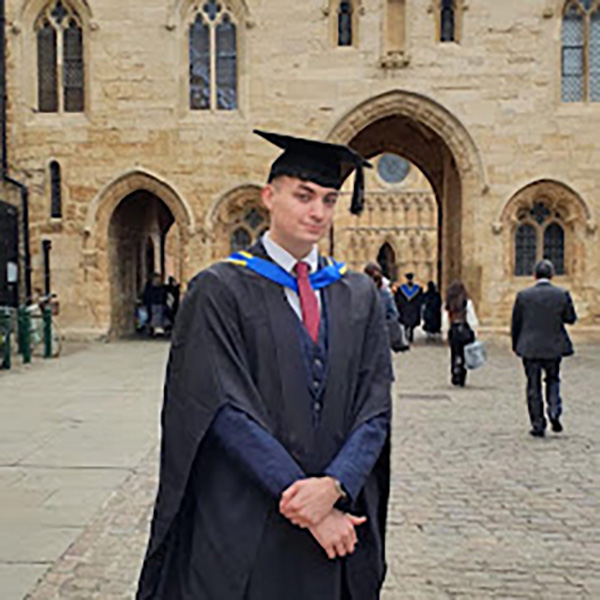Module Overview
This module provides students with the opportunity to develop knowledge and understanding of the role of performance management and data analytics in supporting the strategic objectives of an organisation in different business environments; how the performance of people can be enhanced and inspired by leadership and direction and how it contributes to high-performance work organisations.
The module examines the design of performance management systems that aim to transform organisational objectives and performance outcomes and identifies the knowledge and skills needed for effective performance review processes that are fair, ethical and improve people performance in modern organisations.
It aims to equip students with the necessary skills and a critical understanding of the performance review process that combines challenge and support and places a focus on personal, team and organisational learning and accountability. Furthermore, it recognises the importance of communication skills in the performance review process and evaluates the need for employee involvement as well as transparent, ethical and justifiable rewards for performance.
Students are expected to reflect critically on theory and practice from an ethical and professional standpoint and have opportunities for applied learning and continuous professional development.
Module Overview
This module is suited for HR Professionals who are seeking to develop a strong sense of self-awareness and of their own strengths and weaknesses as managers and colleagues. The module is primarily concerned with the development of skills, for example: communication and engagement.
This module is suited for HR professionals who are seeking to develop and improve a range of definable skills that are pivotal to successful management practice and to effective leadership. These include thinking and decision-making skills, influencing, a range of team working and interpersonal skills, developing leadership capabilities and others associated with developing personal effectiveness and credibility at work.
This module is suited for HR professionals who are seeking to develop further more-specialised skills that are of particular significance to effective higher-level people management, the importance of Continuous Professional Development and how this should be embedded by an individual.
Module Overview
In order to demonstrate professional competence students will be required to undertake a dissertation during the final stage of the course. The dissertation must be linked to an HRM issue which is of relevance to an organisation. The dissertation should be 15,000 – 18,000 words.
Module Overview
This module aims to provide learners, first, with an understanding of the principal internal and external environmental contexts of contemporary organisations. Second, the module examines how those leading organisations respond to these dynamic environmental contexts. Third, the module indicates how leaders in organisations, and those in the HR function, and line managers with HR responsibilities, need to recognise and acknowledge that corporate decisions and HR choices are not always shaped by managers alone.
Module Overview
This module aims to build on the operational and procedural skills and knowledge developed at earlier levels and present HR as a function that should be inextricably located in the strategic management of an organisation. Students have the opportunity to explore internal and external strategic influences, with particular emphasis on the culturally diverse nature of organisations and the environments in which they operate. The module will focus on organisational strategy and organisational development to consider how HR both informs and contributes to the implementation of organisational strategy and organisational change. The module is built around the processes of diagnosis, planning and implementation, and offers students the chance to develop and apply consultancy skills.
Module Overview
This module focuses not just on the practical aspects of recruitment, selection, employee retention and dismissal, but also on the strategic and the international aspects to equip learners with the knowledge and skills required for Resourcing and Talent management within a global context. The module also requires learners to reflect critically on theory and practice from an ethical standpoint.
Module Overview
The importance of principles-led, evidence-based and outcomes-driven people profession practice is at the core of this module.
This module aims to provide learners with a rigorous framework of knowledge and understanding concerning people management and development. The module seeks to familiarise learners with major contemporary research evidence on employment and effective approaches to the management of people at work.
Research focusing on the links between people management practices and positive organisational outcomes is covered, as is research that highlights major contemporary changes and developments in practice.
Learners are also introduced to major debates about theory and practice in the specific fields of leadership, flexibility and change management, the aim being to help them become effective managers as well as effective HR specialists.
Module Overview
The cornerstone of all human resource (HR) management activity is the employment relationship – as a legal, social, economic and psychological exchange. This module will is designed to provide students with the chance to develop a comprehensive understanding of employment relations perspectives and debates, both national and international, from a theoretical and behavioural competency perspective.
It will look to enable students to understand, analyse and evaluate competing theories and perspectives associated with managing employment relations strategies and their outcomes on organisational climate, employees and management. The module provides opportunities to critically apply the activities, knowledge and behavioural competencies required for managing employment relations practices in union and non-union, small and large, private, public and indigenous and multinational organisations and aims to enable students to review and critically evaluate the roles and functions of different stakeholders in employment relations and the structures and processes required to manage the employment relationship effectively.
Module Overview
This module is designed for HR Professionals who wish to enhance their competences in developing employees’ skills, knowledge and performance within a learning and development framework. Students will explore the alignment of coaching and mentoring to the learning and development, HR and overall business strategies, building on the core modules taken during the earlier levels of the programme.
After exploring the range of models and their appropriateness, students will develop and apply the skills learned within the module through practise sessions with their cohort peers, before undertaking active coaching and/or mentoring for their assessment.
Module Overview
This module is suitable for persons who:
• have responsibility for human resource (HR) decision making within an organisation at either operational, tactical, or more strategic level
• are HR professionals in a team or HR functional management role who are seeking to enhance and develop their career
• have responsibilities for the HR function and activities within an organisation without a specialist function
• are independent or employed consultants who support organisations in meeting their goals
• have HR career and CIPD professional membership aspirations











